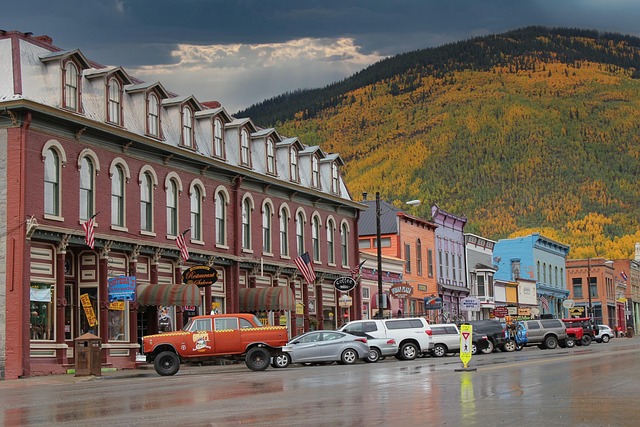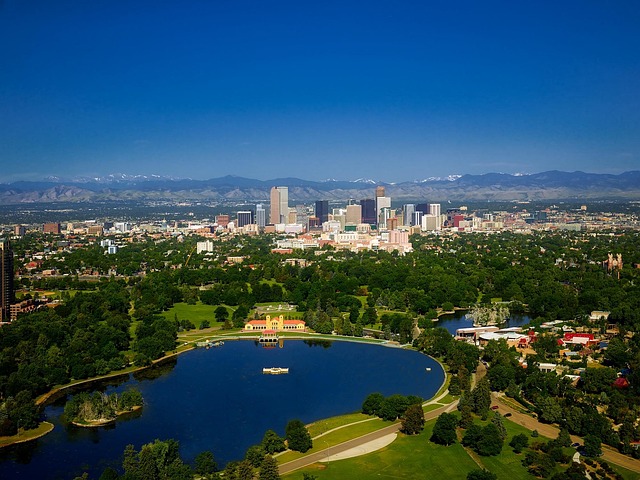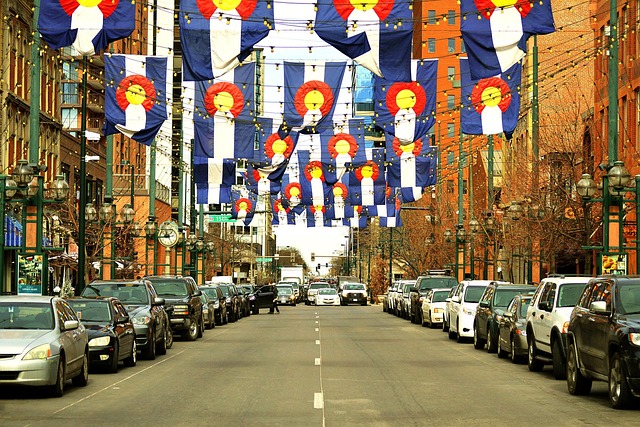Strong cultural ties and unique traditions significantly shape local real estate markets, with communities boasting rich heritages attracting buyers seeking authentic experiences. This preference drives demand for traditional architecture, historic neighborhoods, and properties near cultural landmarks or events, impacting development, pricing, and marketing strategies. Understanding these dynamics is crucial for developers, investors, and agents to ensure successful transactions while preserving and promoting the traditions that make these places special. Local art events, festivals, and heritage celebrations not only preserve unique cultural identities but also increase property values and desirability, fostering economic growth and attracting residents and tourists alike.
Strong cultural ties and unique traditions significantly shape real estate market trends, driving property values and influencing development. This article delves into the profound impact of community engagement on cultural real estate dynamics. We explore how cherished traditions influence local markets, create distinct property profiles, and foster a sense of belonging that enhances quality of life. Understanding these connections is vital for investors, developers, and anyone interested in navigating today’s diverse and dynamic real estate landscape.
Understanding the Impact of Cultural Ties on Real Estate Market Trends

Strong cultural ties and unique traditions significantly influence local real estate markets. Communities with a rich cultural heritage often attract buyers seeking authentic experiences, driving demand for properties that embody these values. As such, real estate trends in these areas may reflect a preference for traditional architecture, historic neighborhoods, and locations close to cultural landmarks or events.
Understanding these cultural dynamics is crucial for developers, investors, and agents. By recognizing the impact of cultural ties, they can make informed decisions about property development, pricing strategies, and marketing approaches. This not only ensures successful real estate transactions but also preserves and promotes the very traditions that make these places special.
Exploring Unique Traditions and Their Influence on Property Values

Unique traditions deeply embedded in a community often play a significant role in shaping its real estate landscape. These cultural practices and celebrations can influence property values, as buyers are increasingly drawn to places that resonate with their personal beliefs and heritage. For instance, vibrant festivals or historic landmarks tied to a region’s culture can attract tourists, leading to higher property demand and prices.
When exploring real estate, understanding the local traditions is essential for both residents and investors. Properties situated in areas known for their rich cultural heritage often command premium values due to their historical significance and the sense of community they inspire. This dynamic showcases how unique traditions not only foster a sense of belonging but also contribute to the economic health of a region’s real estate market.
The Role of Community Engagement in Shaping Cultural Real Estate Dynamics

In any vibrant community, cultural ties and traditions play a pivotal role in shaping the real estate landscape. When residents are deeply engaged with their communities, they actively contribute to preserving unique cultural identities that can enhance property values and desirability. This engagement often manifests as local art exhibitions, festivals, and heritage events that attract visitors, foster a sense of belonging, and create a thriving atmosphere—all desirable attributes in the real estate market.
Community-driven initiatives also drive the development of spaces that reflect and celebrate local culture. Developers who collaborate with residents to understand their needs and preferences can create real estate projects that stand as testaments to the community’s identity. This approach not only ensures that cultural ties are preserved but also boosts economic growth, making these areas more attractive for both residents and tourists alike, thereby positively influencing real estate dynamics.






